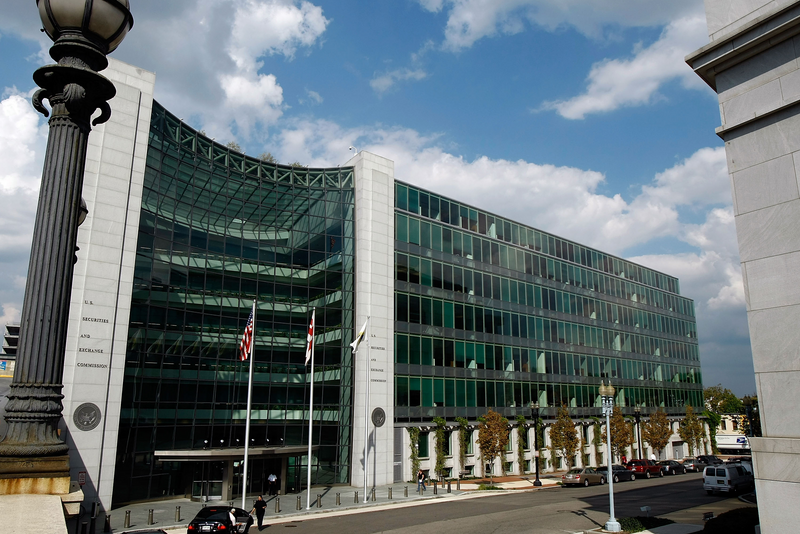The SEC has announced its adoption of new rules aimed at improving governance at clearing agencies registered with the agency. The new rules, which seek to reduce conflicts of interest and promote board independence, create new requirements for board composition, independent directors, and certain committees, the SEC said in a statement.
They require (in most instances) that a majority of the board be independent directors; require firms to create risk management committees with an annual re-evaluation of such composition; mandate the creation of policies and procedures to identify, mitigate or eliminate conflicts of interest; plus require policies and procedures that obligate directors to report potential conflicts promptly.
It would also require the creation of policies and procedures for the board to solicit, consider, and document its consideration of the views of service providers and other relevant stakeholders regarding material developments in the registered clearing agency’s risk management and operations. The clearing firms must outline the specific roles for senior management and the board to play in these risk management processes.
The rule proposal followed episodes of market volatility that included large fluctuations in the market due to COVID-19 disruptions and the meme stock craze.
It also contains a board obligation to consider stakeholder viewpoints.
The SEC said the rules seek to improve the governance of registered clearing agencies by identifying certain responsibilities of the board, increase transparency into board governance, and improve the alignment of incentives among clearing-agency owners and participants.
The compliance date is 12 months after publication in the Federal Register, except for the independence requirements for the board and board committees, for which the compliance date is 24 months after publication in the Federal Register.
Uyeda and Peirce – One thumbs up, one down
In his concurring statement, Commissioner Mark Uyeda said he supported the rule in its final form because of the broad general support for it in the public comments and because the SEC had incorporated various recommendations submitted by commenters.
He felt the agency had met its challenge in crafting governance standards that are appropriately designed to achieve the desired outcome without imposing unnecessary costs.
In her dissenting statement, Commissioner Hester Peirce said that sound regulation of clearing agencies should be a priority for the Commission. But she said the approach embodied in the final rule “micromanages clearing agency governance in a way that is likely to divert board attention from key issues by focusing it instead on an amorphous set of stakeholders”.
Peirce says the requirement that the board formally consider the views of an undefined group of “relevant stakeholders” with respect to material developments in risk management and operations muddies that fiduciary duty.
Range of consultation
She said that although the SEC narrowed the scope of the requirement since its proposal stage, it continues to be ambiguously broad. “The term ‘operations’ could cover many topics, which suggests boards will have to consult stakeholders on a whole range of issues,” she said.
The SEC first proposed this rule in August 2022 to mitigate the conflicts of interest inherent in clearing agency relationships. The rule proposal followed episodes of market volatility in 2021 that included such events as large fluctuations in the market due to COVID-19 disruptions and the meme stock craze.
At the time, the SEC noted that those episodes of enhanced market volatility revealed certain vulnerabilities in the US securities market and the essential role clearing agencies play in managing the risk if securities transactions fail to clear.













